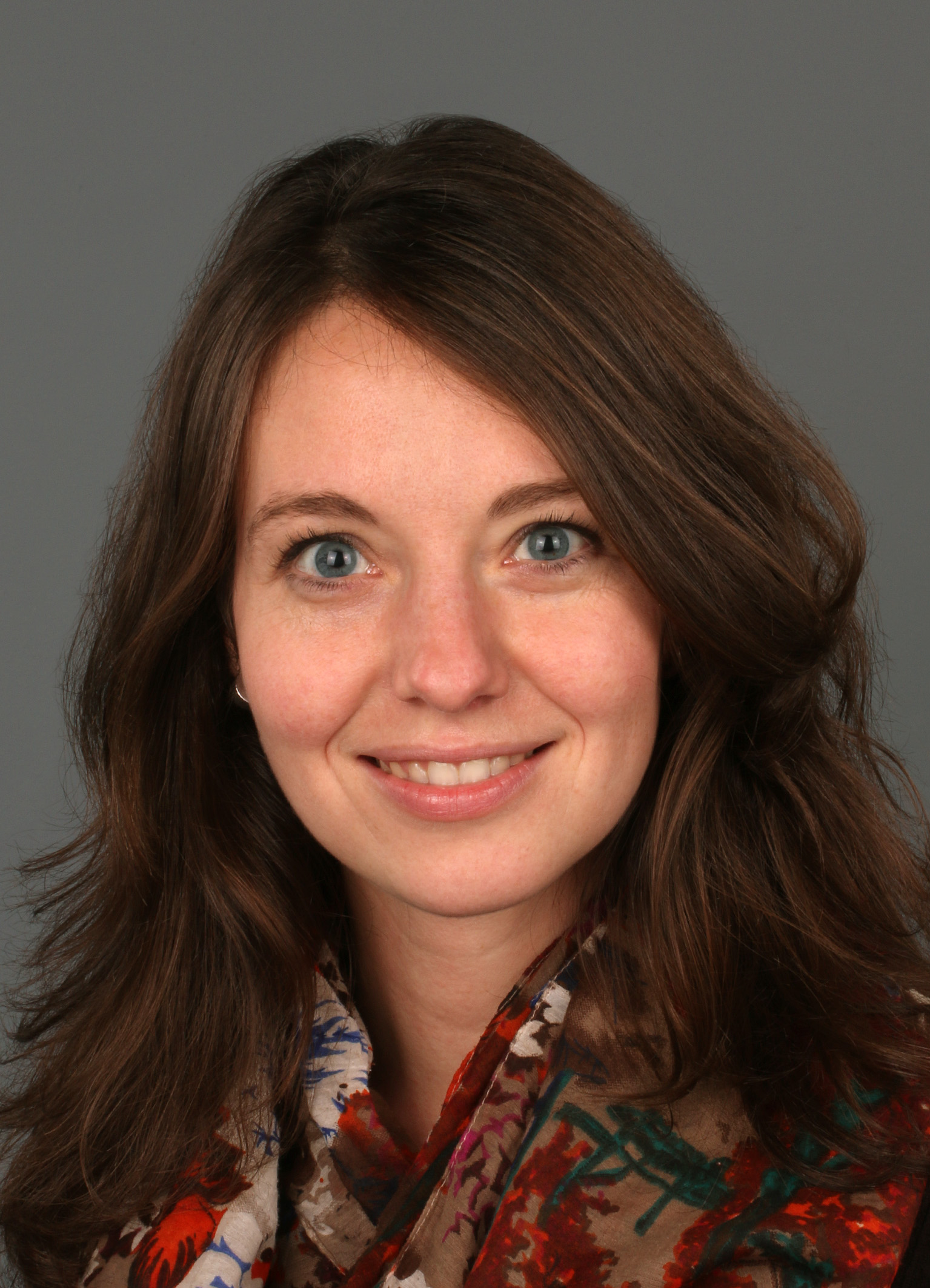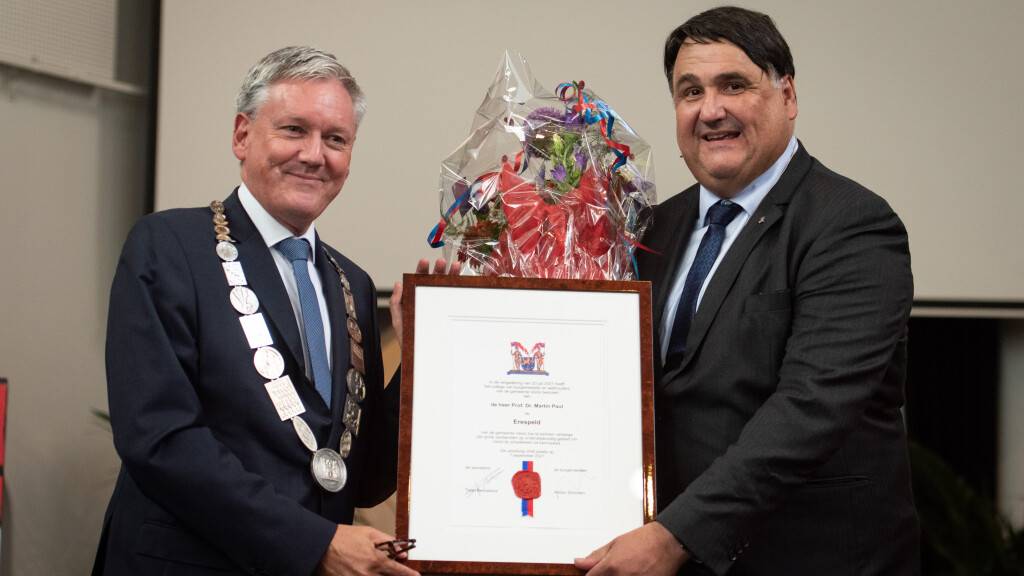Michelle Moerel 2nd Science Talent 2017
During the festive evening at the Amsterdam theatre De Kleine Komedie, Michelle Moerel finished second in the Scientific Talent comeptition 2017. Philosopher Bastiaan Rijpkema (Leiden University) was the winner. Maastricht University congratulates both him and Michelle Moerel, assistant professor and researcher at the Maastricht Centre for Systems Biology (MaCSBio) with this achievement.
The award ceremony took place Thursday night during the closing event of New Scientist Live: Nobel Prize. The five nominees presented their research to the audience, next to a personal pep talk by the Groningen chemist Ben Feringa and a presentation on all Dutch scientific Nobel Prize winners by biologist Jelle Beumer and Volkskrant journalist Martijn van Calmthout.
“It’s a pitty I didn’t win, but it was a really good experience”, Moerel said at the end of the evening. “I’m not sharing a stage with a recent Nobel Prize winner every day”, referring to Ben Feringa, who stressed out to the nominees the importance of following their intuition in their research and remember explorer Abel Tasman. In his personal speech he spoke about his passion, the building of molecules, his youth at a farm in the province of Drenthe and his dreams as a scientist. He always kept the societal impact of his research in mind, he said.
To show that research relevant to society is important to State Secretary Sander Dekker (Education, Culture and Science) too, the chair of NWO’s executive board Stan Gielen had news at the beginning of the evening. The national research organisation will award three million euros as a new scientific bonus: the Valorisation Prize.
At the end of the evening, Bastiaan Rijpkema went home as Science Talent 2017 with 2.500 euros.
The five nominees, in alphabetical order, were:
Jef Beerten (KU Leuven). An increase in the production of renewable energy is changing the European electricity grid. Beerten develops solutions for the technical challenges facing this European super grid.
Mariëtte Boon (Leiden University). Everyone has brown adipose tissue surrounding their large venous vessels, which converts fat and sugar into heat. Boon investigates how brown adipose tissue can aid in weight loss.
Michelle Moerel (Maastricht University). Moerel uses fMRI scanners to study sound coding in the brain. Her research primarily revolves around the degree to which someone can focus on multiple noise sources simultaneously. These findings may help us restore injury-related hearing loss.
Bastiaan Rijpkema (Leiden University). The inherent nature of democracy can lead to its own undoing. Rijpkema is investigating the extent to which a democracy can defend itself against antidemocrats. He studies far-right politics in Germany, the constitutional reforms in Turkey and the election of Donald Trump in the United States, among other issues.
Sofie Thijs (Hasselt University). Plants and microorganisms can be used in soil decontamination. Thijs investigates how this 'clean-up system' works with the aim of developing practical applications in the field of precision agriculture, among others.
Scientific and social impact
The top five nominees were chosen based on 44 submissions from all Dutch and Flemish universities. An expert jury assessed the submissions based on their originality, the social and scientific relevance of the research and the degree to which the researcher communicated the findings to the public. The jury assessment and the public vote carried equal weight in determining the top five.
Also read
-
Demissionary Minister of Education, Culture and Science Ingrid van Engelshoven will open ETpathfinder in Maastricht this afternoon. The state-of-the-art physics laboratory will serve as a testing ground for the development of technologies for future gravitational wave detectors.
-
UM President Martin Paul received the badge of honour ('erespeld) of the city of Venlo on 7 September from Mayor Scholten.



